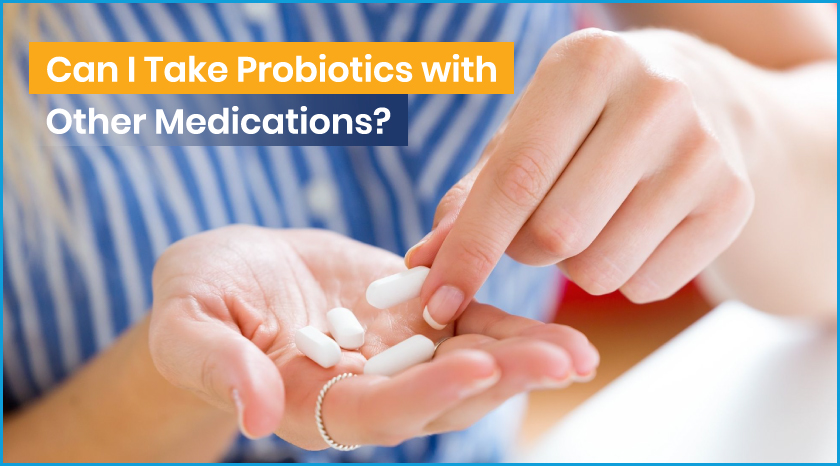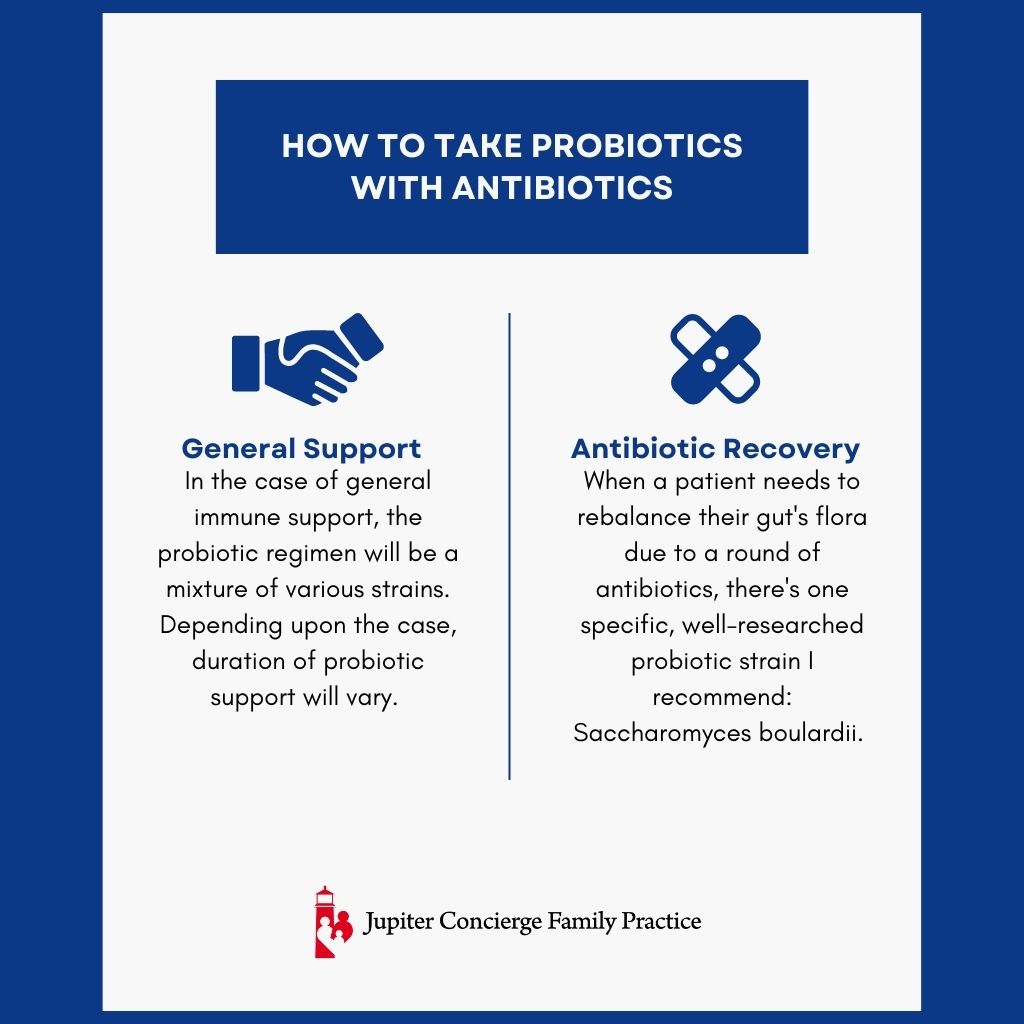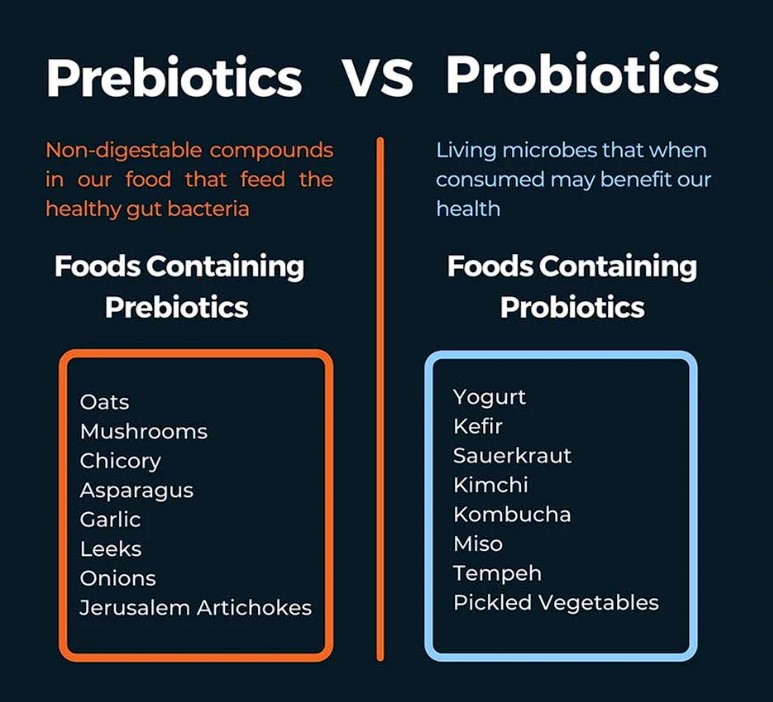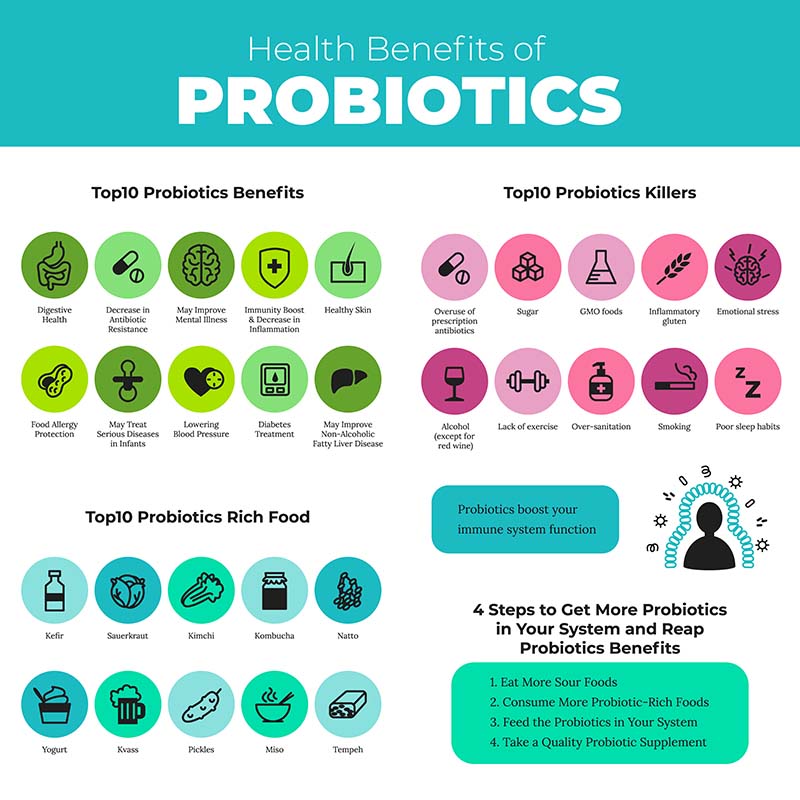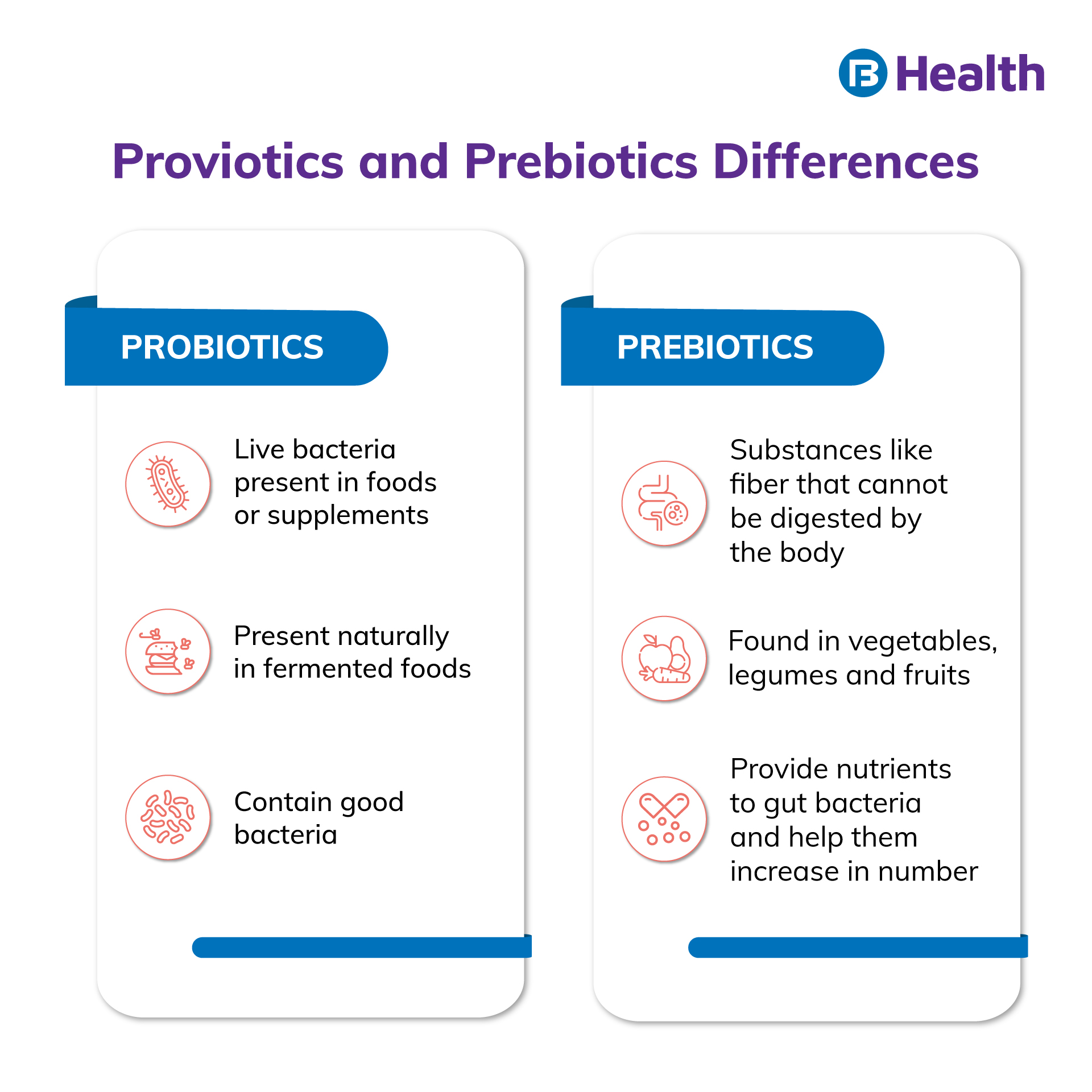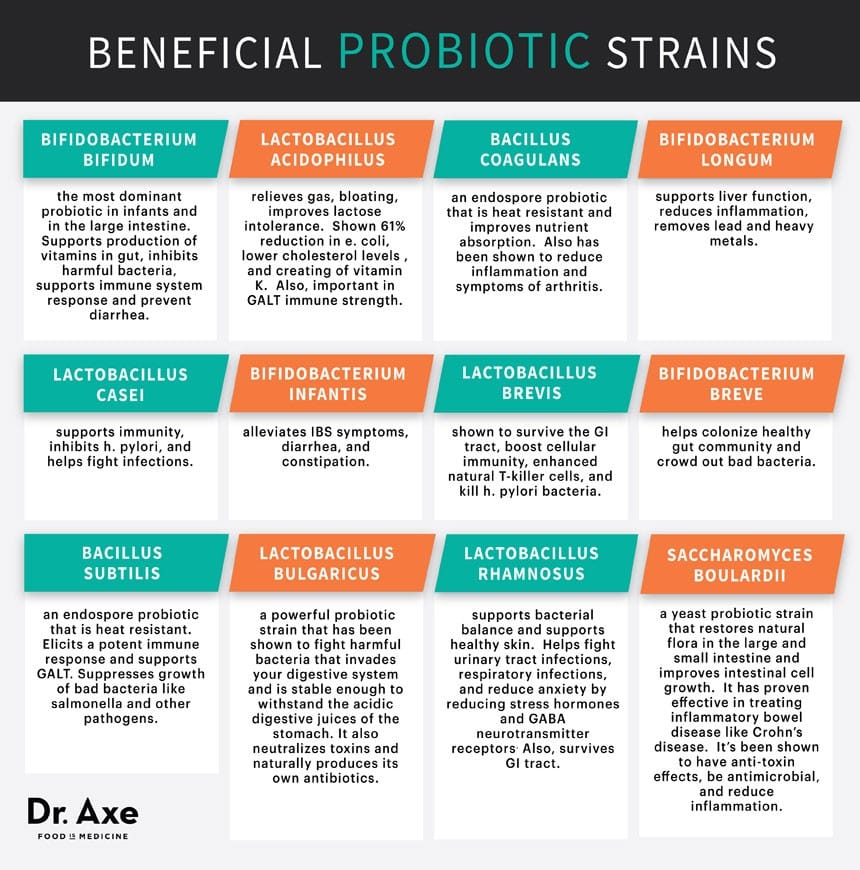Do Probiotics Interact With Any Medications
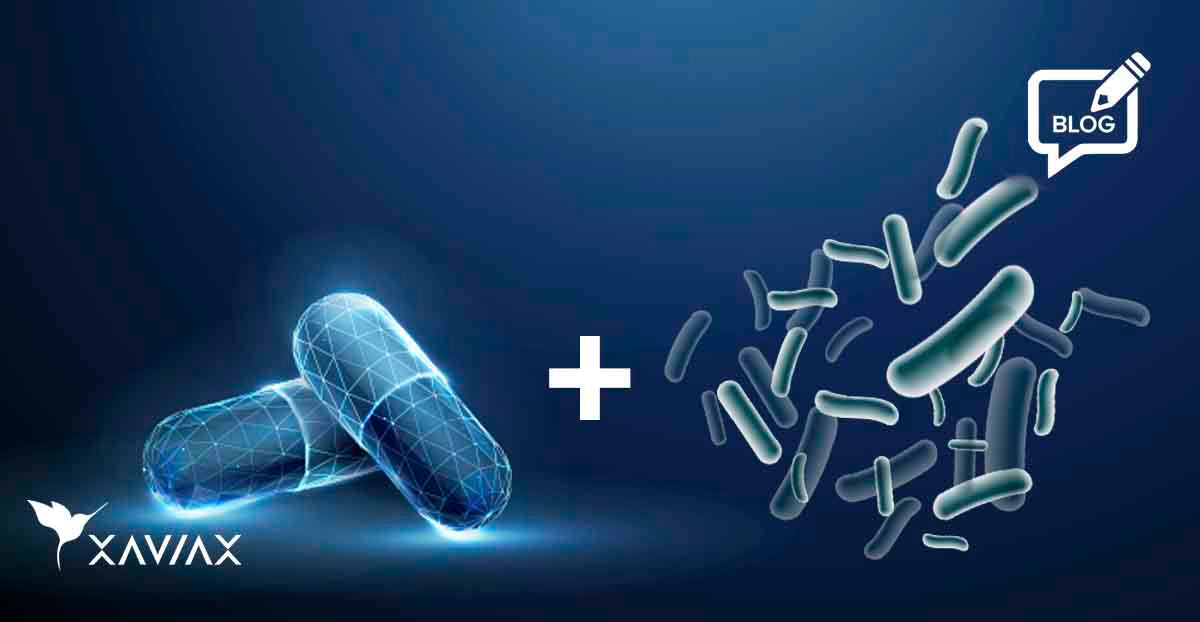
The rising popularity of probiotics, supplements containing live microorganisms intended to benefit the host, has led many to wonder about their potential interactions with prescription and over-the-counter medications. While often perceived as harmless, understanding the complex interplay between probiotics and drugs is crucial for patient safety and effective treatment outcomes.
This article explores the current scientific understanding of probiotic-drug interactions, examining the types of interactions observed, the medications most likely to be affected, and the steps individuals can take to minimize potential risks. The information is based on available scientific literature, expert opinions, and guidelines from reputable health organizations.
What are Probiotics?
Probiotics are live microorganisms, mainly bacteria, that are intended to benefit the host when administered in adequate amounts. They are commonly found in fermented foods like yogurt and sauerkraut, as well as in dietary supplements.
The purported benefits of probiotics range from improving digestive health to boosting the immune system. However, it is important to remember that not all probiotics are created equal, and their efficacy can vary depending on the specific strain and individual factors.
Do Probiotics Interact with Medications?
While probiotics are generally considered safe for most people, potential interactions with certain medications do exist. These interactions can be complex and may depend on several factors, including the specific probiotic strain, the medication involved, the dosage, and the individual's health status.
It is important to consult a healthcare professional before starting any probiotic supplement, especially if you are currently taking medication.
Types of Interactions
Probiotic-drug interactions can broadly be categorized into two main types: effects on drug absorption and effects on drug metabolism.
Some probiotics can affect the absorption of certain medications in the gut. This can either decrease the amount of drug absorbed, reducing its effectiveness, or increase absorption, potentially leading to toxicity.
Probiotics can also influence the metabolism of drugs by altering the gut microbiota composition. The gut microbiota plays a significant role in metabolizing many medications, and changes induced by probiotics can either accelerate or slow down this process.
Medications Potentially Affected
Several classes of medications have been identified as potentially interacting with probiotics. These include:
Antibiotics: While probiotics are often recommended to mitigate the side effects of antibiotics, certain probiotics can interfere with antibiotic effectiveness. Some strains may produce substances that inhibit the growth of bacteria, including the beneficial bacteria that antibiotics are intended to target.
Immunosuppressants: Individuals taking immunosuppressant medications, such as those who have undergone organ transplantation, should exercise caution when using probiotics. Probiotics could potentially stimulate the immune system, counteracting the effects of these medications.
Antifungal Medications: Certain probiotics may contain yeast, which can interfere with antifungal medications designed to treat fungal infections. Careful consideration should be given to the species and strains of probiotics when used in conjunction with antifungal treatments.
Chemotherapy Drugs: Although research is still ongoing, there is some evidence that probiotics could interact with certain chemotherapy drugs. These interactions might affect drug efficacy or increase the risk of side effects.
"It's crucial to have an open dialogue with your doctor about all supplements you're taking, including probiotics, to ensure your medications are working effectively and safely," said Dr. Emily Carter, a gastroenterologist at the Mayo Clinic.
Minimizing Risks and Seeking Professional Advice
To minimize the risk of probiotic-drug interactions, consider the following:
Consult your doctor or pharmacist: Always inform your healthcare provider about all medications and supplements you are taking, including probiotics. They can assess potential interactions and provide personalized recommendations.
Choose probiotics wisely: Select probiotic supplements with well-researched strains and known safety profiles. Look for products from reputable manufacturers that provide clear information about the strains and dosages used.
Monitor for side effects: Pay attention to any unusual symptoms or side effects you experience after starting a probiotic supplement. If you notice any changes, contact your doctor immediately.
The Importance of Continued Research
The field of probiotic research is rapidly evolving, and our understanding of their interactions with medications is still incomplete. More studies are needed to fully elucidate the mechanisms of these interactions and identify specific risks and benefits.
Researchers are also exploring the potential for using probiotics in conjunction with medications to improve treatment outcomes. For example, some studies are investigating the use of probiotics to reduce the side effects of antibiotics or enhance the efficacy of chemotherapy.
Continued research is essential to provide healthcare professionals and patients with the information they need to make informed decisions about probiotic use.
Conclusion
While probiotics offer potential health benefits, it is important to be aware of their potential interactions with certain medications. By consulting with a healthcare professional, choosing probiotics wisely, and monitoring for side effects, individuals can minimize risks and maximize the benefits of these supplements.
As research continues to expand our knowledge of probiotic-drug interactions, healthcare professionals will be better equipped to provide personalized recommendations and ensure the safe and effective use of both probiotics and medications.



